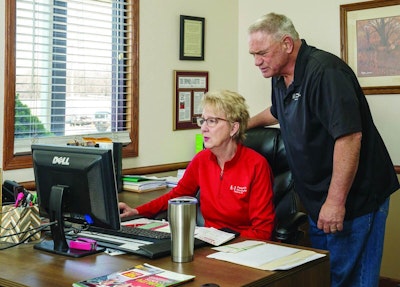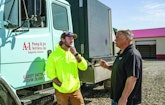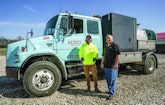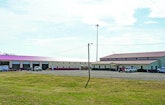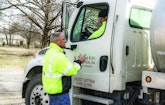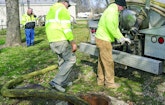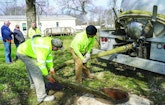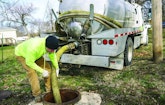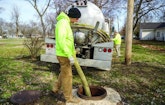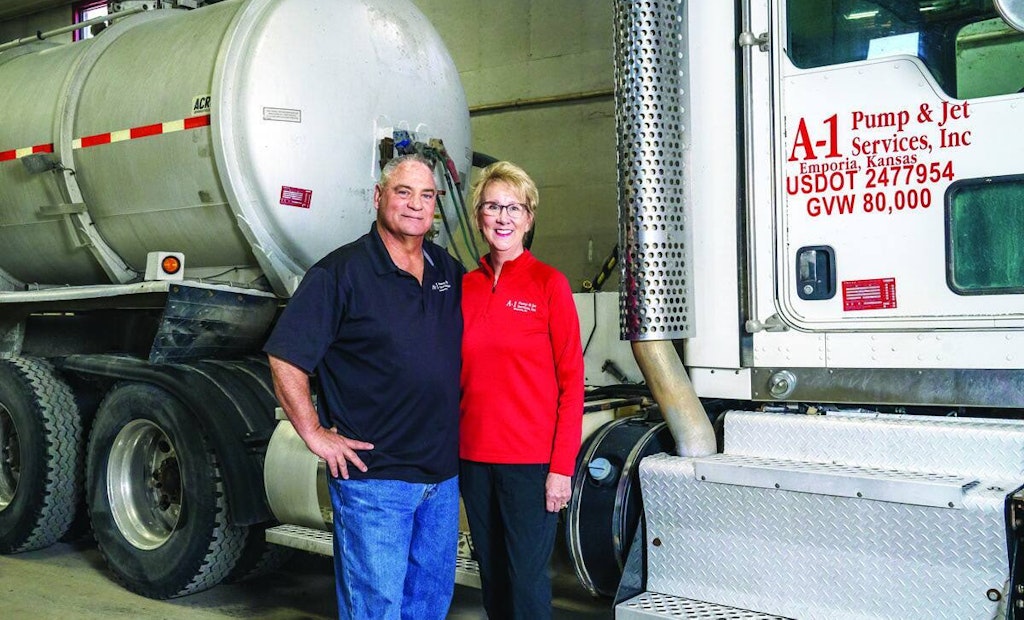
A-1 Pump & Jet owners Ronald and Judith McCoy have grown the company considerably since starting it in 2014 off the assets of an old septic pumping company.
Operating a business can be a bit like inspecting and cleaning pipelines — it’s all about negotiating unexpected twists and turns.
A good case in point is A-1 Pump & Jet Services of Emporia, Kansas, which started out as a septic pumping company but quickly morphed into something...
